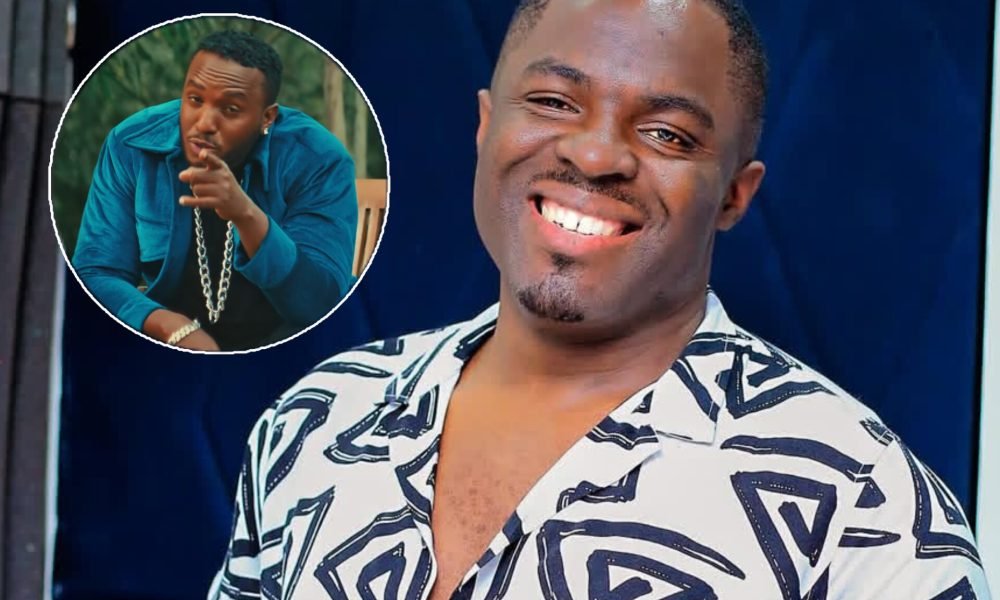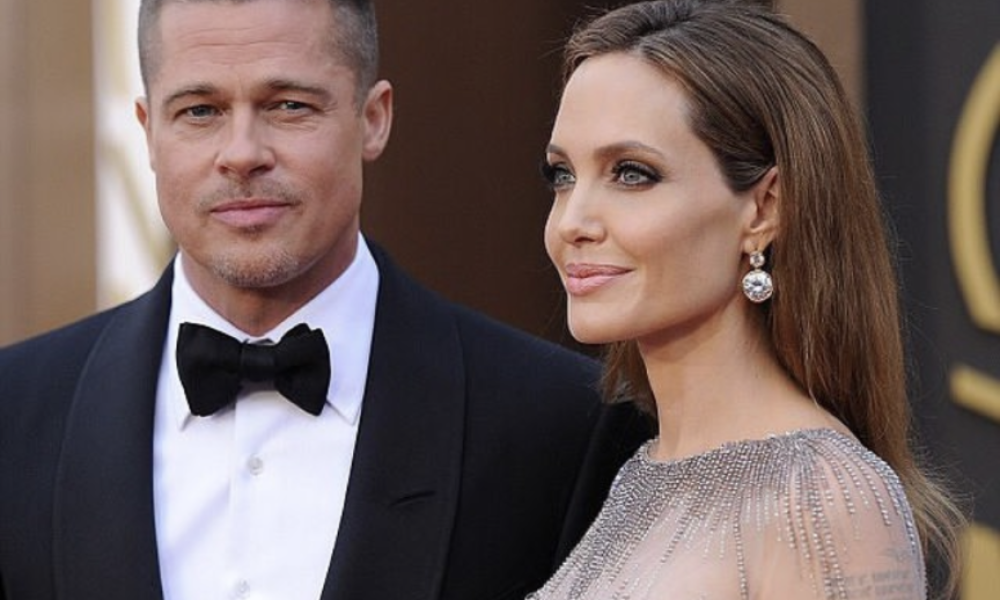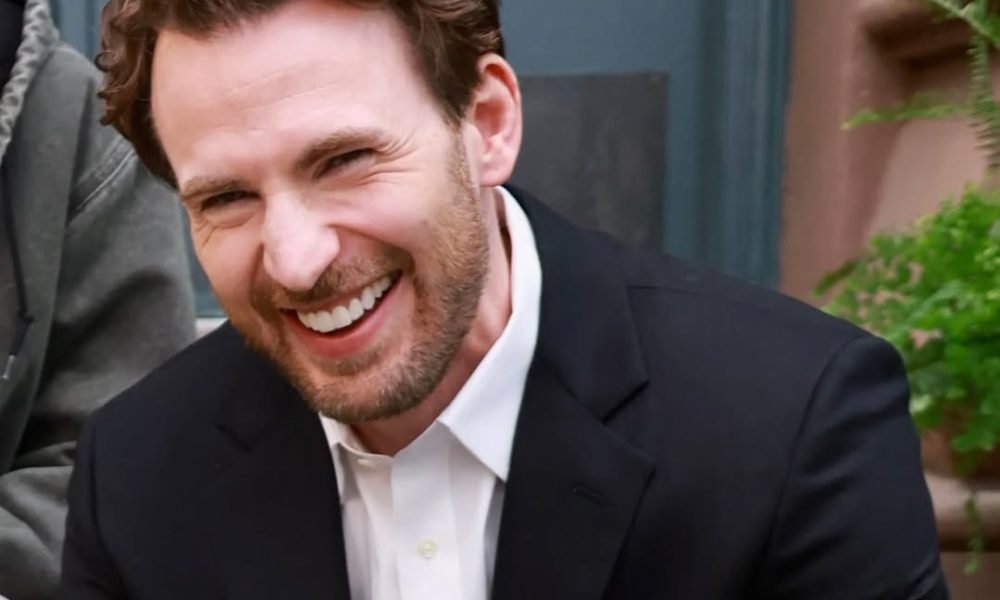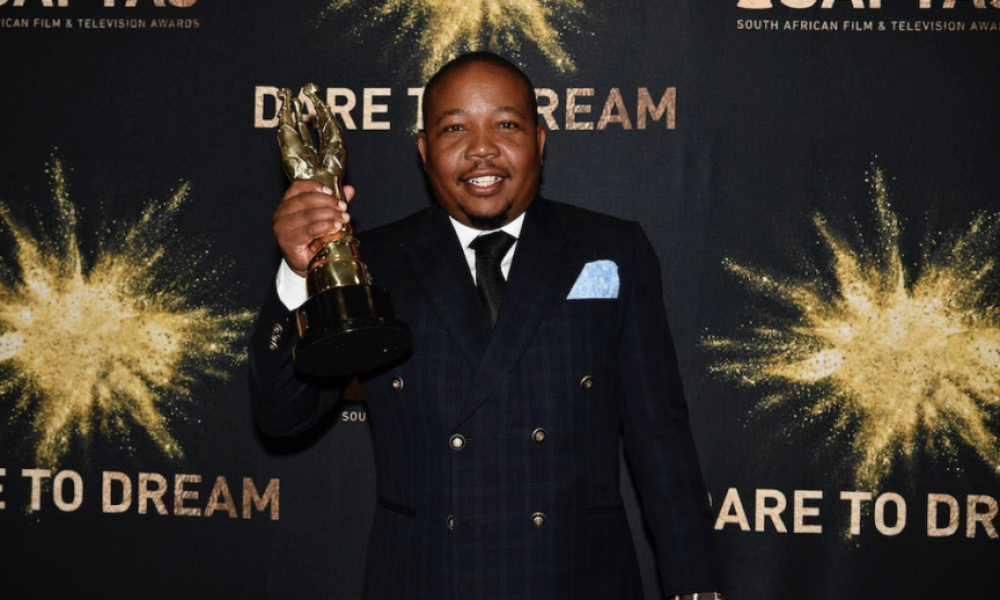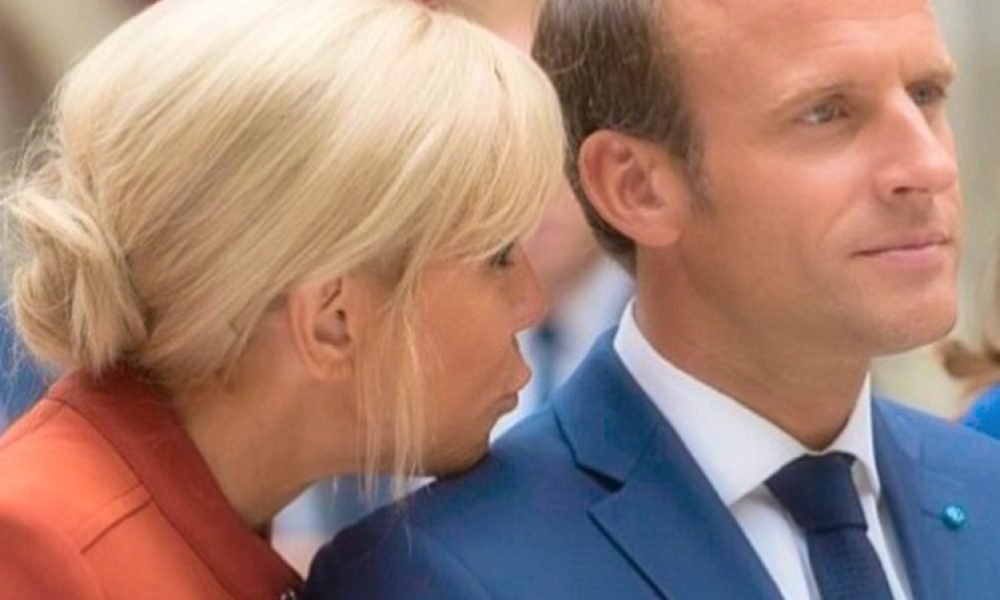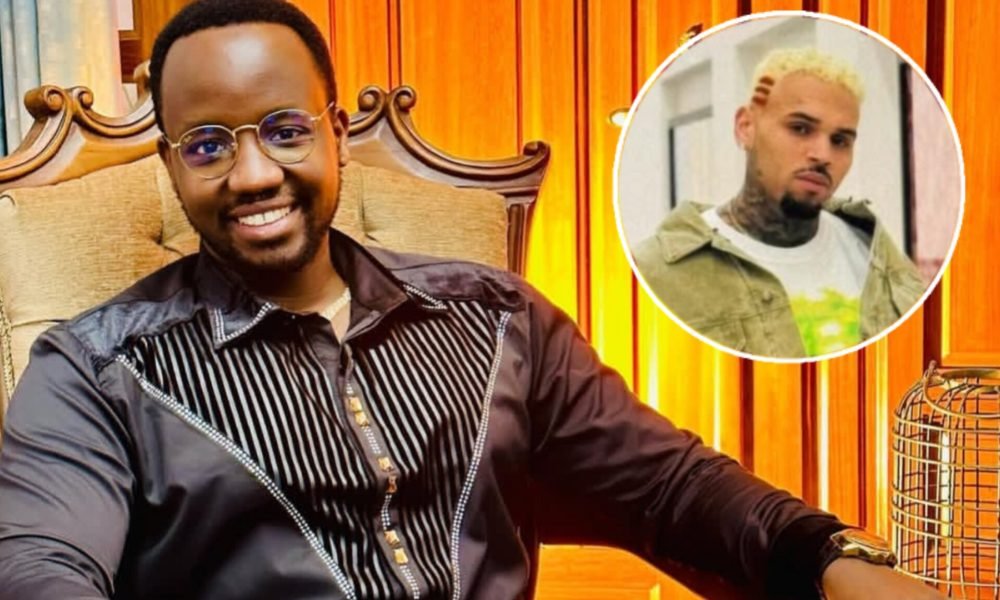From a cut childhood scene to a celebrated director’s chair, Roger Niyoyita’s life has been shaped by cinema from the very beginning.
Born in Musanze, Rwanda, Roger is the eldest of six siblings, a husband, and a father of three. Now 48, his story is one of passion, persistence, and purposeful preparation—proof that some dreams are not only worth chasing, but also worth waiting for.
In an exclusive interview, Roger shared the roots of his cinematic path.
“I met cinema at a very young age,” he said. “When I was 8, I acted in a movie. But when the film came out, my scenes had been cut during editing. I was sad at first, but later, as I learned more about the industry, I understood that such things happen.”
That moment didn’t discourage him—it planted a seed. Roger’s first involvement in film came through his father, a local film fixer responsible for recruiting actors and actresses. Soon after, Roger began helping in his father’s movie theater. He was in charge of choosing films, designing flyers, and managing screenings.

“That experience gave me a foundation,” he recalled. “Even when I had to choose academic paths in secondary school and university, my heart always pointed me back to cinema. I wanted to be a director.”
Although the university curriculum offered few lessons in cinema, Roger’s ambition led him elsewhere. He pursued every opportunity he could find—joining workshops and training programs at the Rwanda Cinema Center, the Swedish Institute, and American-led sessions.
“Getting into Rwanda Cinema Center wasn’t easy,” he admitted. “It was mostly for selected individuals like Kivu Ruhorahoza (later acclaimed for Grey Matter) and Meddy Saleh (a local box-office hitmaker). But I negotiated and made my way in.”
Building on this growing experience and resilience, Roger’s breakthrough came through the Maisha Film Lab, founded by acclaimed Indian-American filmmaker Mira Nair. Based in Uganda, Maisha supported East African filmmakers. To participate, aspiring directors had to submit original scripts—only a few were selected for production.
“My script Mutoni was chosen. It was my first major project and was screened. That day, watching the audience react to Mutoni—their silence, their tears, their laughter—I felt the heartbeat of cinema. I knew I was home. It confirmed that storytelling was my true calling.”
Roger didn’t limit himself to directing. He took on various roles to gain broader experience, all while staying rooted in his dream. In 2013, Wilson Misago, CEO and founder of Zacu Entertainment, invited him to cast for a groundbreaking series.

“We created a series called Ubu Nejo. It didn’t succeed—not because it wasn’t good, but because it was ahead of its time. People weren’t ready for something different. But it showed us that change was possible.”
His philosophy of slow, steady preparation paid off in 2019 when he was asked to direct Ejosikera, a big-budget film.
“It felt like learning to drive for the first time. I knew it was my moment. I had prepared for years, and I gave it everything.”
The momentum continued. He directed several successful projects, including Ishusho ya Papa, The Bishop Family (currently streaming on A+), and Kaliza wa Kalisa—an adaptation of the Indian show Kareena Kareena. His challenge was to localize the story while preserving its essence. The result earned him four awards at the Mashariki African Film Festival, including Best Director.
He also created the beloved sitcom Shuwadilu, writing and directing its two seasons.
When asked about his favorite project, Roger smiled and reflected on The Bishop Family:
“It didn’t have a big budget, but it had a strong story. I didn’t base my work on the resources—I based it on what I wanted the final product to be. I wanted it to be something I’d be proud to watch again tomorrow.”
His creative philosophy
“I don’t rush. I build slowly and release what’s worth it. I don’t just make films to finish them—I make them to mean something.”

Advice to aspiring filmmakers
Roger is passionate about mentorship. He encourages new creatives to embrace patience and curiosity:
“Don’t rush. Ask for advice. Learn. Look at Pacifique, who now directs City Maid and Indoto. He started by doing costumes, observing directors closely. He gave himself time to grow. That’s the secret.”
His vision
Roger dreams of a Rwanda where cinema is as celebrated as football:
“Cinema teaches, advertises, inspires—it doesn’t require a passport to reach the world. I hope people will begin to invest in it as they do in sports.”
Roger honors his father for introducing him to cinema, and acknowledges pioneers like Eric Kabera and Wilson Misago, whom he calls the godfathers of Rwandan cinema as people that also introduced and helped him grow in the cinema industry.

What’s Next?
He closed the interview with a spark in his eyes:
“I have a new project coming soon. To all cinema lovers—stay tuned!”
From the boy whose first performance was cut, to the man whose work now defines Rwandan screens, Roger’s message is clear—cinema is worth the wait.


